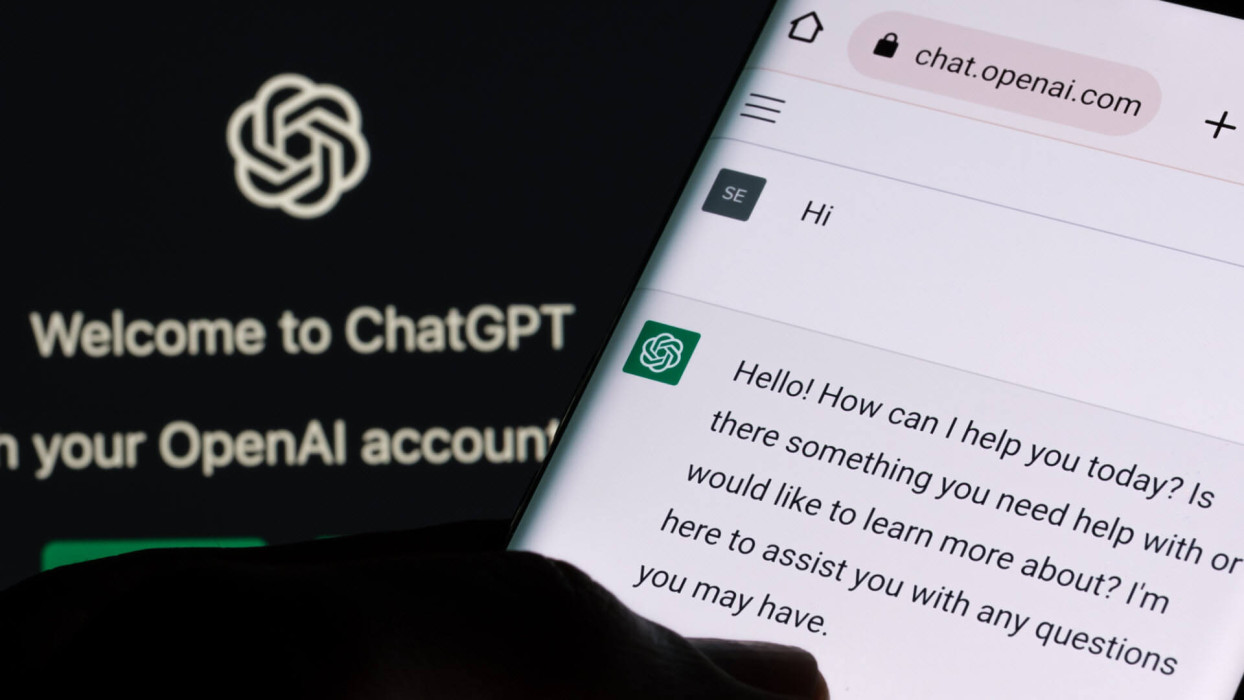California and Delaware Attorneys General Raise Alarm Over ChatGPT Safety, Urge OpenAI to Strengthen Protections

The attorneys general of California and Delaware issued a strong warning to OpenAI on Friday, voicing what they described as “serious concerns” regarding the safety of ChatGPT, particularly in relation to its use by children and teenagers.
The letter, sent by California Attorney General Rob Bonta and Delaware Attorney General Kathleen Jennings, followed a meeting earlier in the week in Wilmington, Delaware, where the two officials met with members of OpenAI’s legal team. The concerns come at a critical moment for OpenAI, which has been working to gain approval for a significant business restructuring plan. The company has been attempting a “recapitalization” effort that would transform its current for-profit subsidiary into a public benefit corporation, a structure legally required to balance financial interests with its charitable mission.
In their letter, Bonta and Jennings underscored their view that both OpenAI and the broader artificial intelligence industry must act urgently and transparently to establish stronger safeguards. “The recent deaths are unacceptable,” the attorneys general wrote, referencing incidents tied to interactions with AI tools. “They have rightly shaken the American public’s confidence in OpenAI and this industry. OpenAI – and the AI industry – must proactively and transparently ensure AI’s safe deployment. Doing so is mandated by OpenAI’s charitable mission, and will be required and enforced by our respective offices.”
This direct warning from California and Delaware builds upon broader concerns voiced last week by a bipartisan coalition of 44 attorneys general. That earlier letter, sent to OpenAI as well as other major technology firms like Meta and Google, highlighted what the group described as “grave concerns” about the potential risks of AI chatbots. Among the dangers cited were instances of chatbots engaging in “sexually suggestive conversations” and demonstrating “emotionally manipulative behavior” toward young users.
The California and Delaware officials noted that their unease stemmed from reports of tragic consequences tied to AI use, including the suicide of a 16-year-old in California who had extended conversations with an OpenAI chatbot, as well as a murder-suicide in Connecticut linked to similar interactions. “Whatever safeguards were in place did not work,” they said in their letter. The parents of the California teenager filed a lawsuit last month against OpenAI and its CEO, Sam Altman, further raising the stakes for the company.
OpenAI has not yet responded to Friday’s letter or requests for comment.
Founded as a nonprofit with a mission to responsibly build artificial intelligence more capable than humans, OpenAI has struggled to balance its safety commitments with the rapid expansion of its commercial products. Earlier this year, the organization floated the idea of transferring control of its nonprofit mission into its for-profit subsidiary, but those plans were abandoned in May after discussions with state regulators and nonprofit watchdogs.
The regulatory scrutiny from Bonta and Jennings is particularly significant because OpenAI is incorporated in Delaware and headquartered in San Francisco, giving both officials legal oversight over the company’s structure and operations. They emphasized that they will continue to review OpenAI’s restructuring plans while pushing for “rigorous and robust oversight of OpenAI’s safety mission.”

